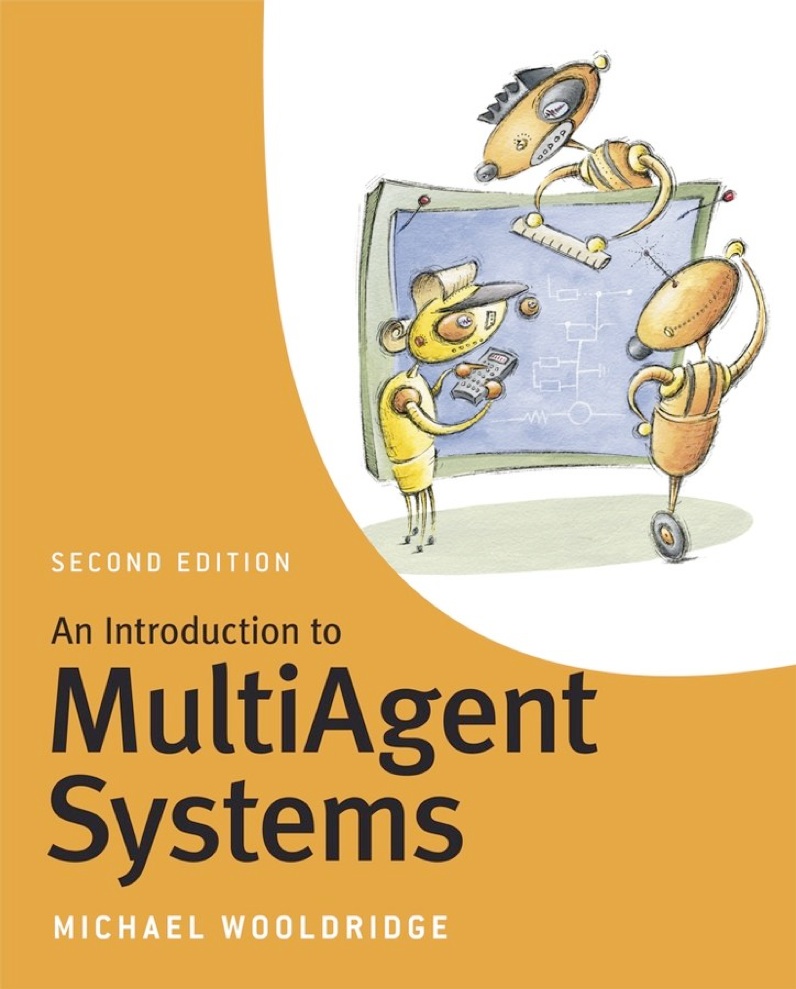Boy do I miss my Sprint service. They didn’t provide the best service, but they provided the best services in my opinion… Unlimited text, voice and data. You can’t beat that!

Nevertheless, I have Verizon and found out some interesting things about their services recently. Here are a couple of problems I have with their service:
Last week I was on the move, driving cross-country from NY to CA. I have a pretty low level plan with Verizon, only 450 minutes, 1000 messages and 2GB of data. As I was expected, on my drive I quickly ate up minutes talking with friends and family back east to the point where I was perilously low on minutes. Right now, with ten days left in my window, I have 30 minutes of talk time, 200MB of data and 300 messages left.
I was thinking about bumping up my data, which I have done in the past, but Verizon only charges $10/GB overage, which hardly seems worth it. Then I was wondering about boosting my text messaging, but only $.10 a message also seems hardly worth it… But I was concerned about voice overage, so I really wanted to bump up my minutes. But it turns out that you can’t, without upgrading your plan completely. I’m not in favor of this idea and at $.45 / minute, I was rather concerned. In the end, I’ve opted to eat the overage charges. The way I figure it is that this is a once off. I will likely not use more than 450 minutes in the future, considering apps like Google Voice, where it’s like a penny a minute, GChat, which is free and Skype, which is also pretty cheap. Unfortunately, Verizon doesn’t allow Google Voice on their network, which is understandable from a business perspective. Spring on the other hand embraces it.
So it goes. In the end, I am willing to go over on minutes. With two weekends to work with and a host of VOIP apps, I will be surprised if I exceed forty minutes of talk ($20).
Read More





